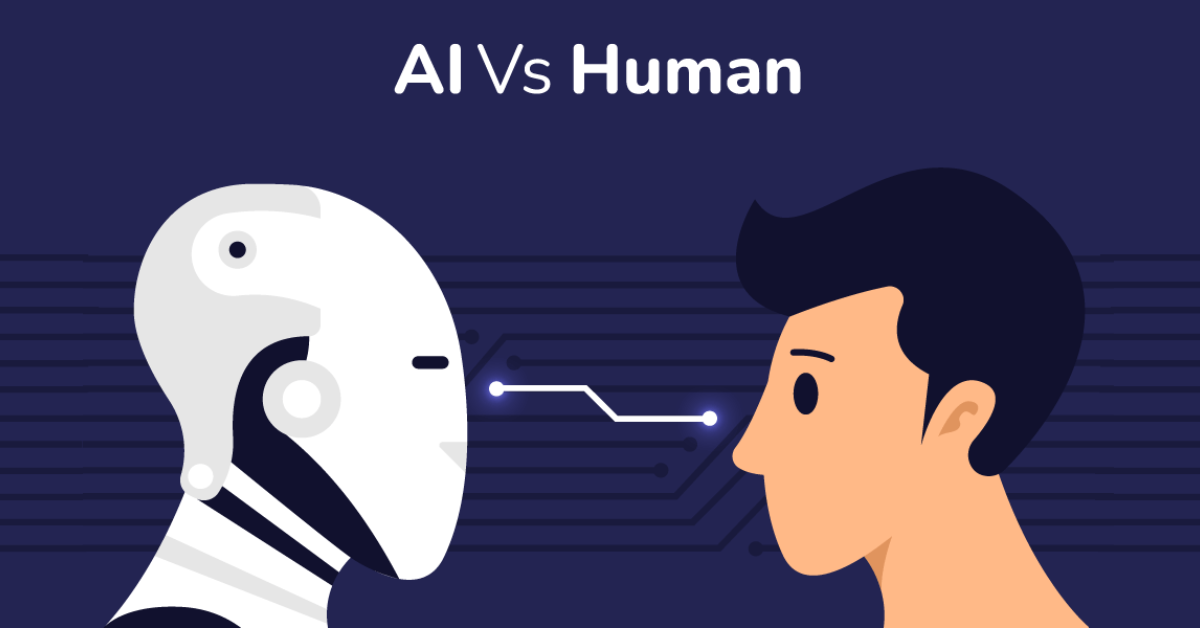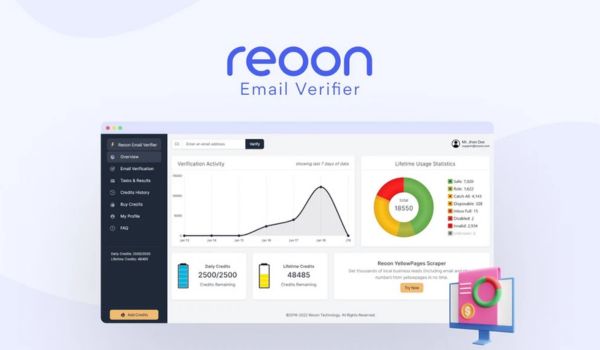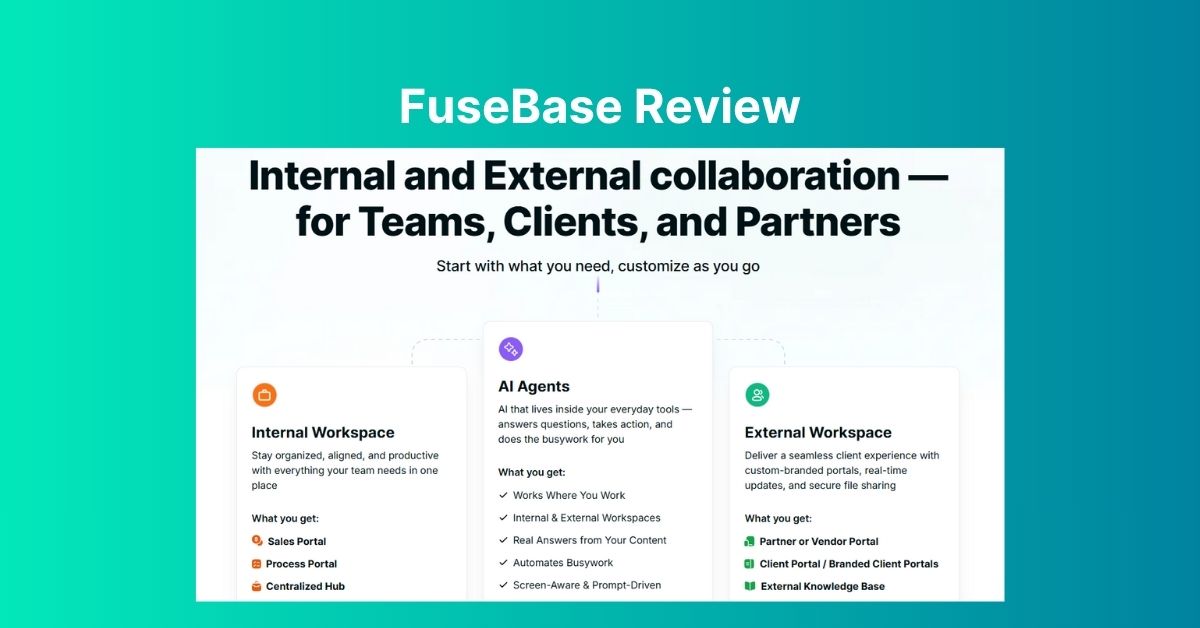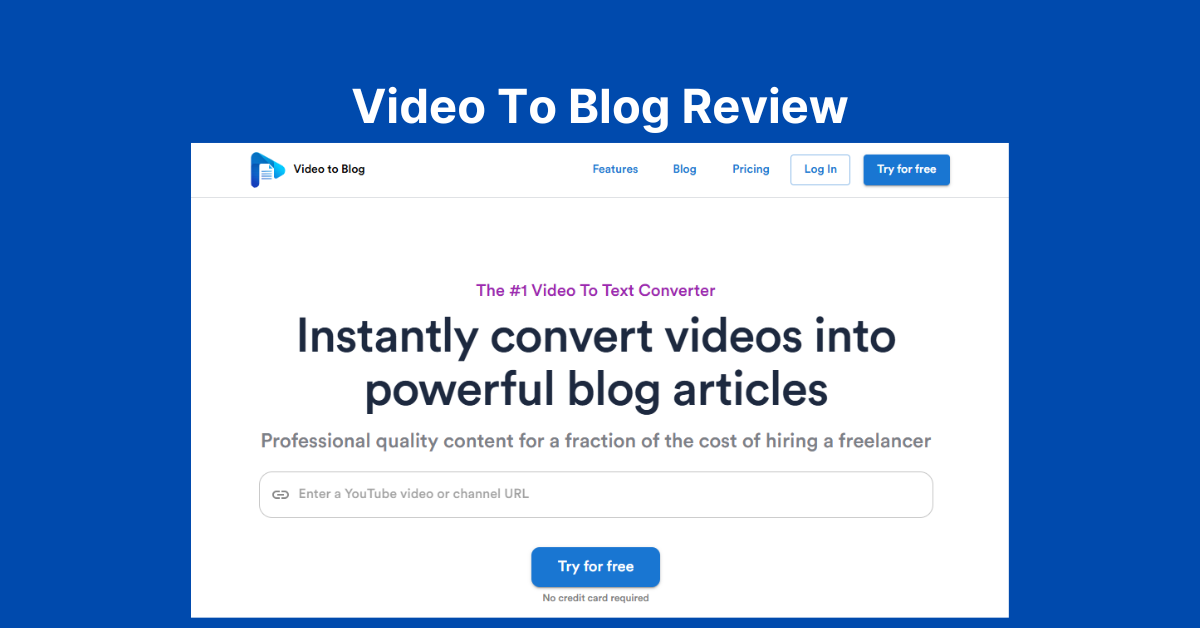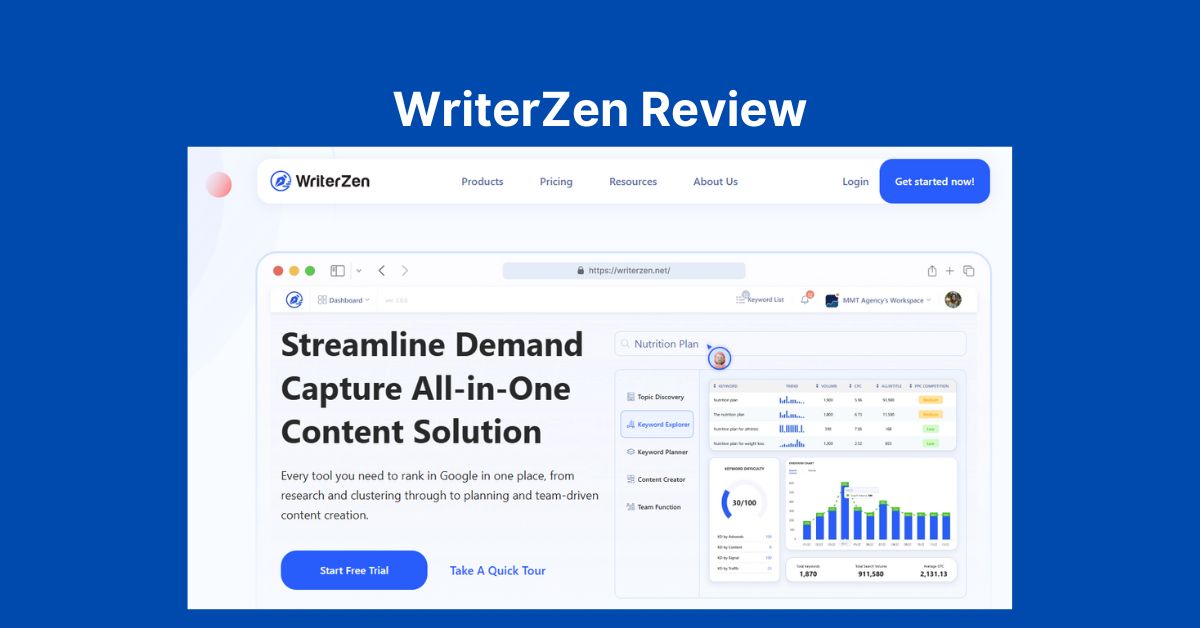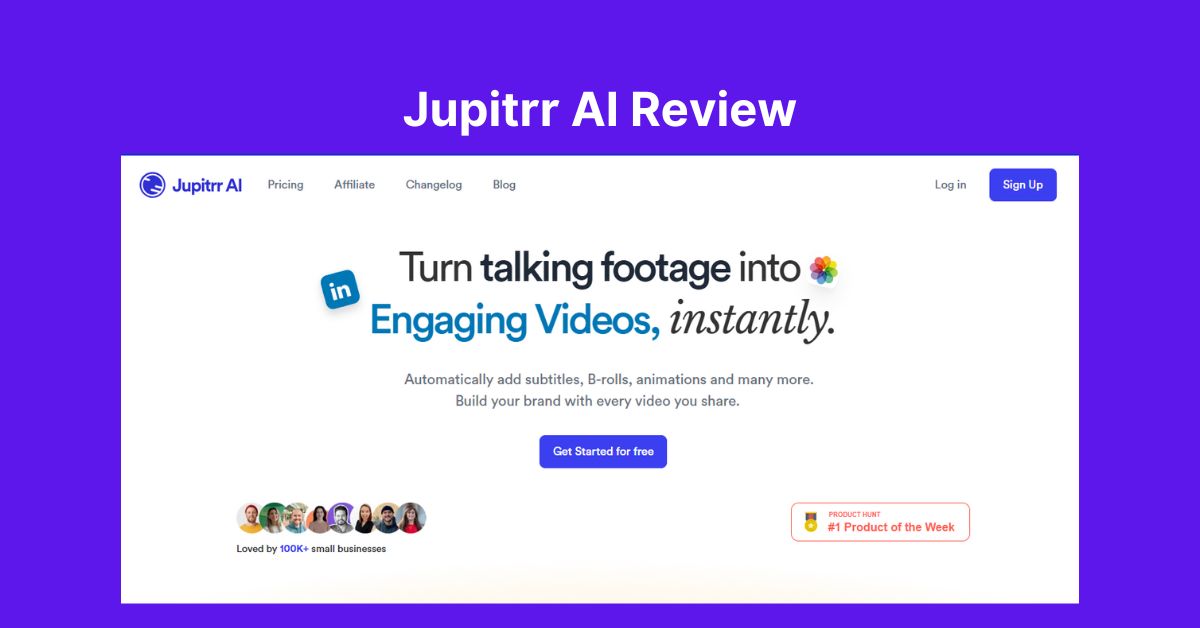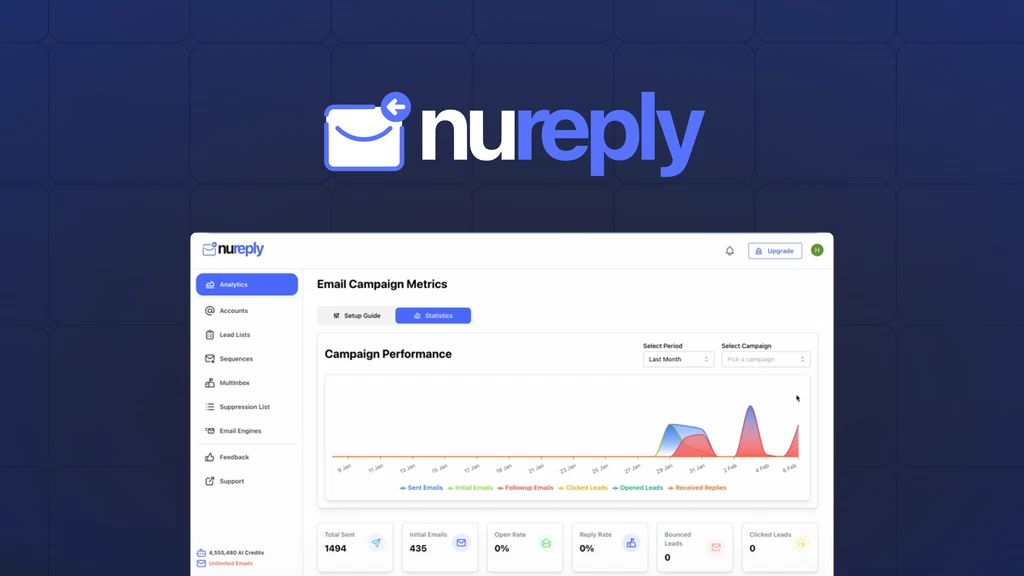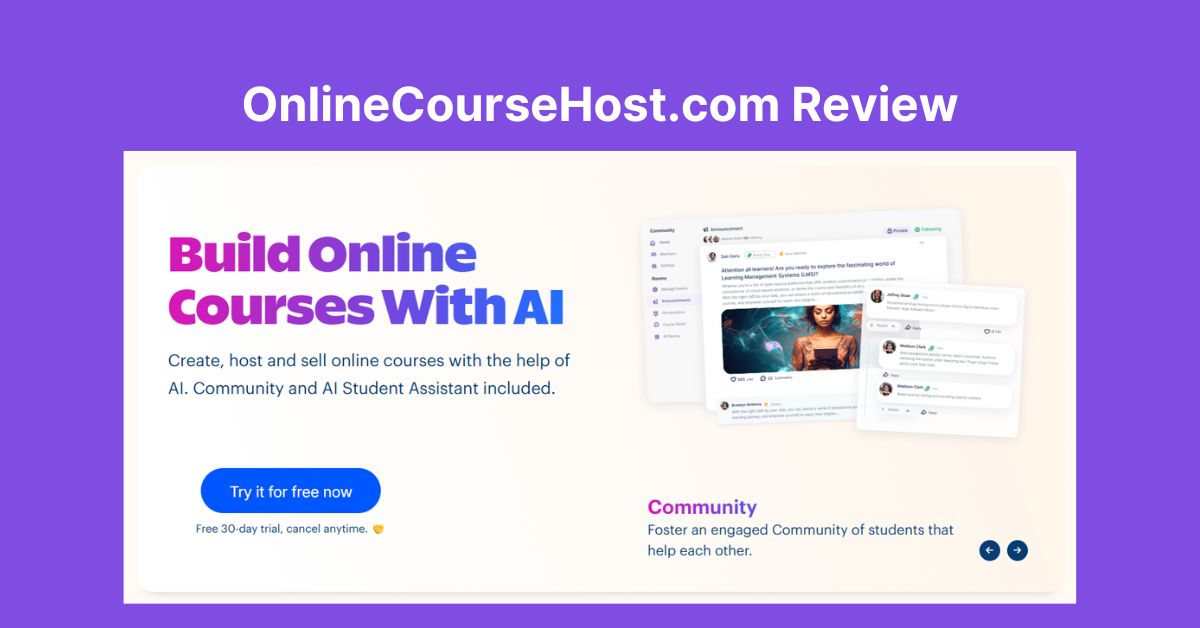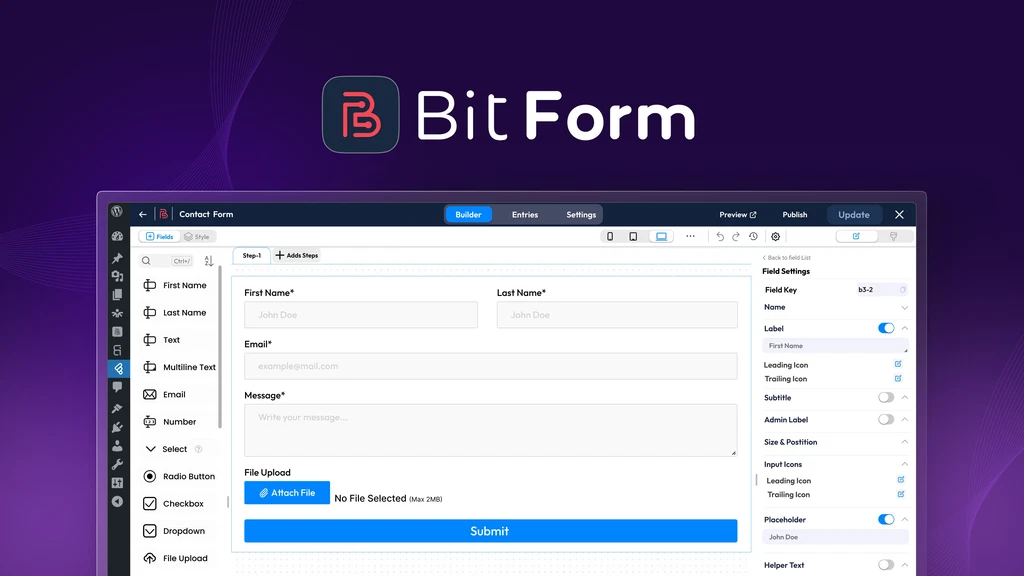In the age of technological advancement, one question looms large: Can AI replace human writers? With AI tools like ChatGPT taking the spotlight, the debate over AI’s potential to revolutionize the writing industry has become increasingly relevant. This article explores the capabilities and limitations of AI in content creation, the unique qualities human writers bring to the table, and what this means for the future of writing.
What Makes AI Writing Tools Like ChatGPT Popular?
AI writing tools such as ChatGPT have gained immense popularity due to their ability to generate high-quality content at scale. These tools use advanced algorithms to understand context, adapt to tone, and create coherent text that mimics human writing. Here are some of the main advantages of AI writing:
- Speed and Efficiency: AI can produce articles, blog posts, and even technical documents in minutes.
- Cost-Effectiveness: Businesses save on hiring costs by leveraging AI for repetitive writing tasks.
- Consistency: AI tools ensure uniformity in tone and style across all content.
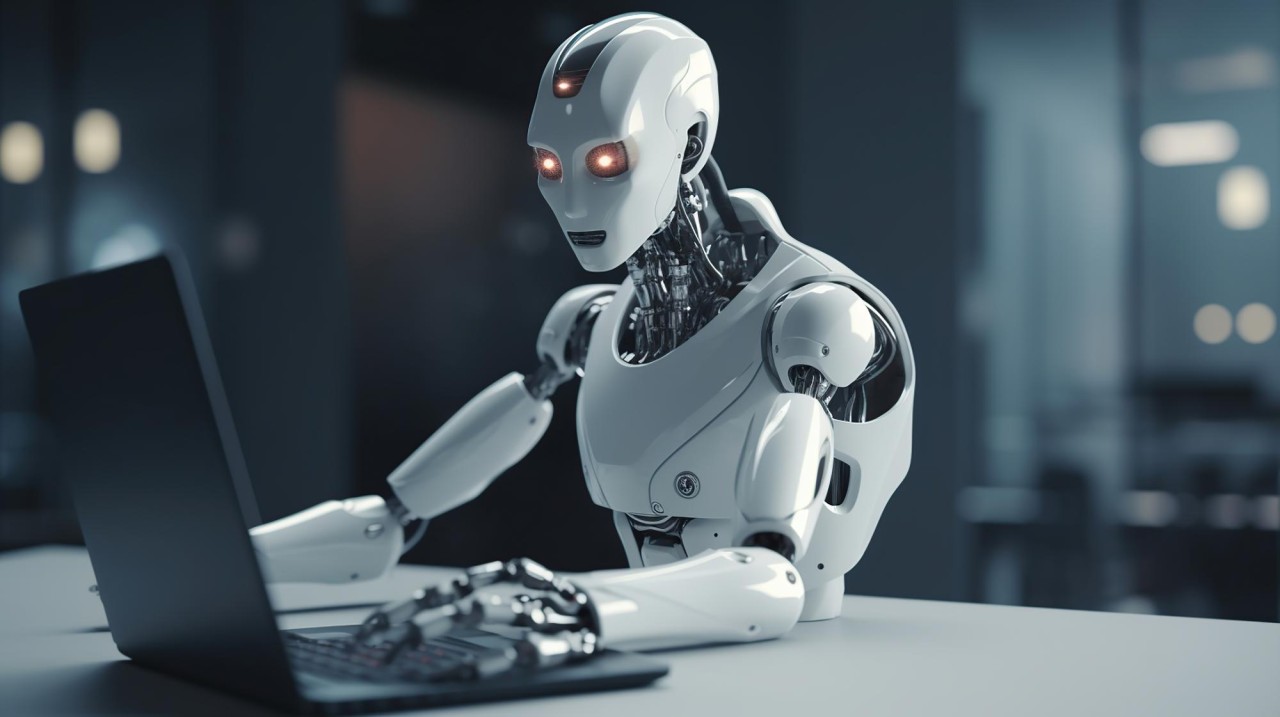
The Human Edge: Why Writers Are Irreplaceable
While AI has made significant strides, human writers possess qualities that AI cannot replicate. Here are the key areas where humans excel:
1. Emotional Depth and Creativity
Human writers bring emotional resonance and unique perspectives that AI lacks. Whether it’s crafting compelling stories or addressing sensitive topics, human creativity is unmatched.
2. Critical Thinking and Analysis
Humans can analyze data, interpret nuances, and offer insights that AI tools struggle to grasp. For example, a human writer can provide a balanced critique, whereas AI might generate content that feels formulaic.
3. Adaptability Across Contexts
AI struggles with highly specialized or niche topics, particularly those requiring deep subject-matter expertise. Human writers, however, can adapt to different contexts and audiences seamlessly.
The ChatGPT Debate: Strengths and Weaknesses
To answer the question, Can AI replace human writers? it’s essential to evaluate AI’s strengths and limitations:
Strengths of ChatGPT
- Scalability: AI can handle large-scale projects, such as generating product descriptions for e-commerce websites.
- Data-Driven Insights: AI uses vast datasets to create content tailored to user preferences.
- Language Translation: AI excels in breaking language barriers, and enabling global communication.
Weaknesses of ChatGPT
- Lack of Original Thought: AI-generated content often relies on existing data, leading to a lack of originality.
- Bias in Outputs: AI tools can inadvertently reproduce biases present in their training data.
- E-E-A-T Concerns: (Experience, Expertise, Authority, and Trustworthiness): AI lacks the credibility that human authors bring, especially in authoritative fields like medicine or law.
Actionable Tips for Using AI and Human Writers Together
The debate isn’t about choosing one over the other. Instead, combining AI and human expertise can yield the best results. Here’s how:
- Use AI for Research and Outlining: AI can gather data and structure outlines efficiently.
- Leverage Human Writers for Refinement: Human writers can add depth, personality, and nuanced understanding.
- Incorporate SEO Strategies: AI can help with keyword optimization, while humans ensure natural integration.
- Create a Feedback Loop: Regularly review AI-generated content to ensure it aligns with brand values and audience expectations.
Can AI Replace Human Writers?
While AI tools like ChatGPT offer impressive capabilities, they are far from replacing human writers entirely. Can AI replace human writers? The answer lies in collaboration. AI excels in efficiency and scalability, but human writers provide creativity, emotional depth, and credibility. By leveraging both, businesses can create content that resonates with audiences and ranks well on search engines.
FAQs
1. What are the main advantages of using AI for writing?
AI provides speed, consistency, and cost-effectiveness, making it ideal for repetitive tasks and large-scale projects.
2. Can AI-generated content rank on Google?
Yes, AI-generated content can rank if it follows SEO best practices. However, human input ensures authenticity and quality.
3. Why are human writers still essential?
Human writers bring creativity, emotional intelligence, and expertise that AI cannot replicate.
4. How can businesses use AI and human writers together?
Businesses can use AI for research and outlining, while human writers refine and add a personal touch to the content.
5. Is AI writing suitable for all industries?
AI works well in industries like e-commerce and marketing but may struggle in fields requiring deep expertise, such as law or medicine.
